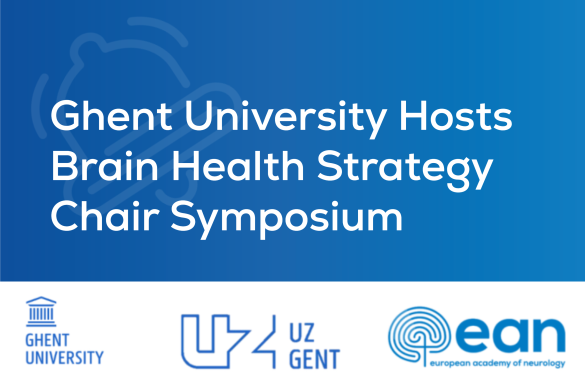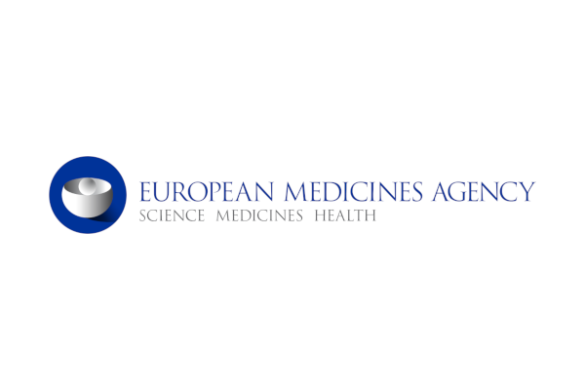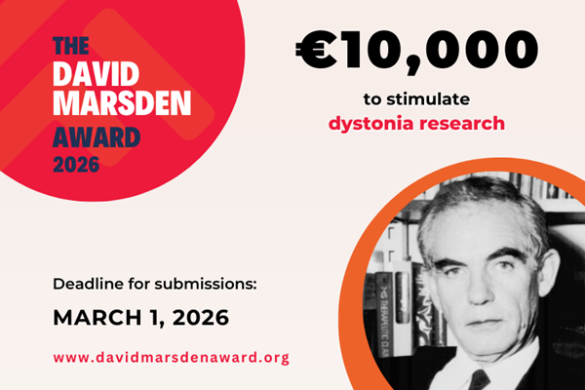by Isabella Colonna
This Special Timezone Session Bridging the gaps was organised in co-operation with the African Academy of Neurology with the aim of highlighting measures and efforts to improve accessibility to care for people living with neurological diseases in the African continent. The session was moderated by Prof. Amadou Diop from Senegal and Prof. Augustina Charway-Felli from Ghana. The lecturers were Prof. Diop, Prof. Hany Aref from Egypt and Prof. Kigocha Okeng’o from Tanzania.
Missed this session?
Watch on demand via our Virtual Congress Platform – click here!
The second lecture, from Prof. Aref, talked about the ‘Angels’ experience in Egypt, which has contributed to improving the management of acute stroke care across the country. Aref described the first dedicated stroke unit in Egypt, which was established in 1991 at Ain Sham University and currently provides a protocol-led stroke service to more than 600 patients per year. The number of thrombolysis and thrombectomies performed in the country increased in the past years; however, there is still a need to increase the number of stroke units and to implement the cooperation with interventional neuroradiology departments in order to provide stroke services across the whole country.
The last lecture, from Prof. Oken’o, highlighted the differences in neurology care across African countries. While, for example, in Egypt, there are more than 4,500 neurologists, in six African countries there are no neurologists. Similarly, there are big differences between African countries with regard to neurology subspecialities, access to advanced neurology care and prevalence of neurological disorders. In some countries, in rural remote areas, patients with neurological disorders are seen first by nurses and medical officers. Moreover, although stroke incidence in Africa is very high, the profile and the quality of hospital-based acute stroke care are very heterogenous across the countries. Seventy-one per cent of Africans travel more than two hours in order to reach the nearest hospital and the median time interval between stroke onset and hospital admission is 31 hours. Similarly, epilepsy care is very heterogenous in African countries; 36-53% of the African population believe that epilepsy is witchcraft and more than 50% of Africans believe that epilepsy is contagious. In most African countries, newer antiepileptic drugs are rarely available; however, there are some countries, such as Morocco and Egypt, which provide advanced epilepsy care and epilepsy surgery.
In conclusion, this session gave an interesting insight into neurology care on the African continent, with particular attention to the measures which have improved neurological care in recent years and to the efforts which are still required in order to provide all patients the necessary care services across the African continent.













